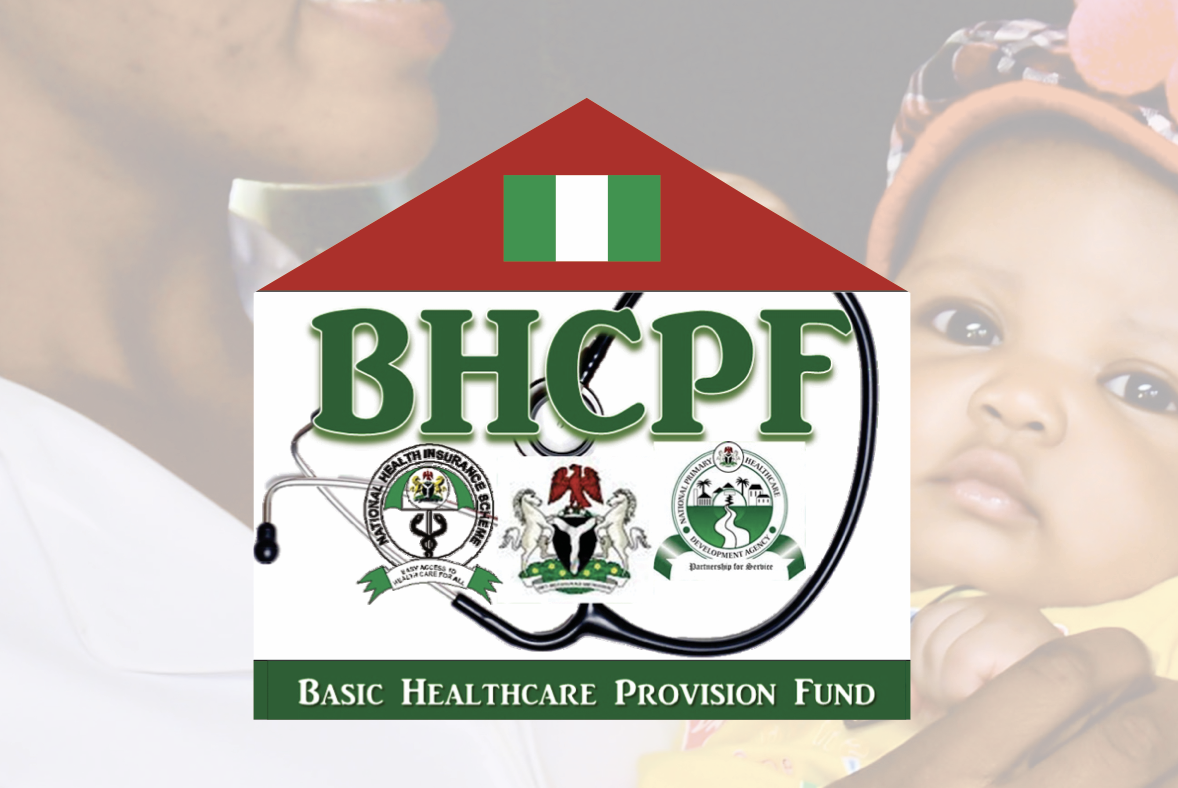Since the early 2000s, Nigeria has made significant progress in improving health outcomes. Neonatal mortality rates decreased from 46.5 per 1000 live births in 2000 to 34.3 per 1000 live births in 2022. Malaria incidence also reduced from 413.3 in 2000 to 305.3 in 2022.
Life expectancy increased from 53.6 in 2000 to 63.4 years in 2021. However, the country still faces one of the highest maternal mortality rates in the world, estimated at 1,050 per 100,000 births.
Health Care Financing
- Despite being a leading oil producer, Nigeria’s spending on health[1] is low (4.1% of the GDP). The per capita income is equally low at US$ 84 in 2021 with a highly inequitable distribution of income and wealth (Gini ind).
- Four main sources fund health[1] in Nigeria: (1) government funding through budgetary allocations to the Ministry of Health; (2) direct out-of-pocket (OOP) payments by health service users at the point of care; (3) health insurance prepayments, including social, community-based, and private schemes; and (4) donors.
- Government funding[1] accounts for 11.9% of the current health expenditures (CHE) with the majority of the burden borne by households through OOP accounting for 76.2%[1] of the CHE. Insurance coverage remains low. As of 2018, 97% of Nigerians had no form of insurance.
Health Financing Reforms for UHC
In response to these challenges, Nigerian policy-makers have put forward important health initiatives over the past decade, including:
- National Health Act (2014): Provides a framework for the regulation, development, and management of a health system and sets standards for rendering health services in Nigeria.
- Large-scale primary health care (PHC) programmes: Such as the Saving One Million Lives (SOML) programme, which aims to improve maternal, newborn, and child health (MNCH) indices in the country.
- National Health Insurance Authority Act (2022): This law replaces the National Health Insurance Scheme Act of 1999. It seeks to provide universal health insurance coverage that includes vulnerable groups, especially those living in poverty. Including vulnerable groups is expected to increase health-seeking behaviour and access to quality health care among this population.
References
[1] World Health Organization, Global Health Expenditure Database.



